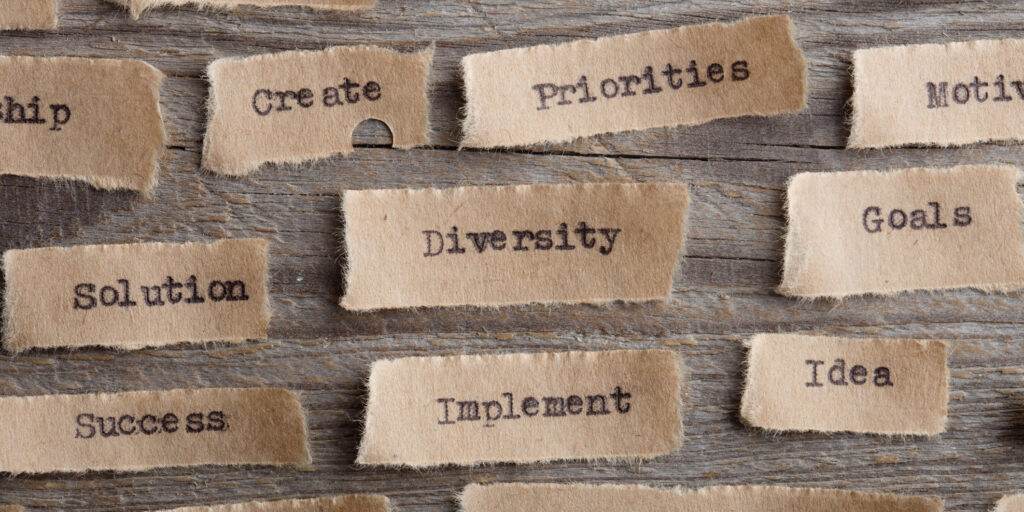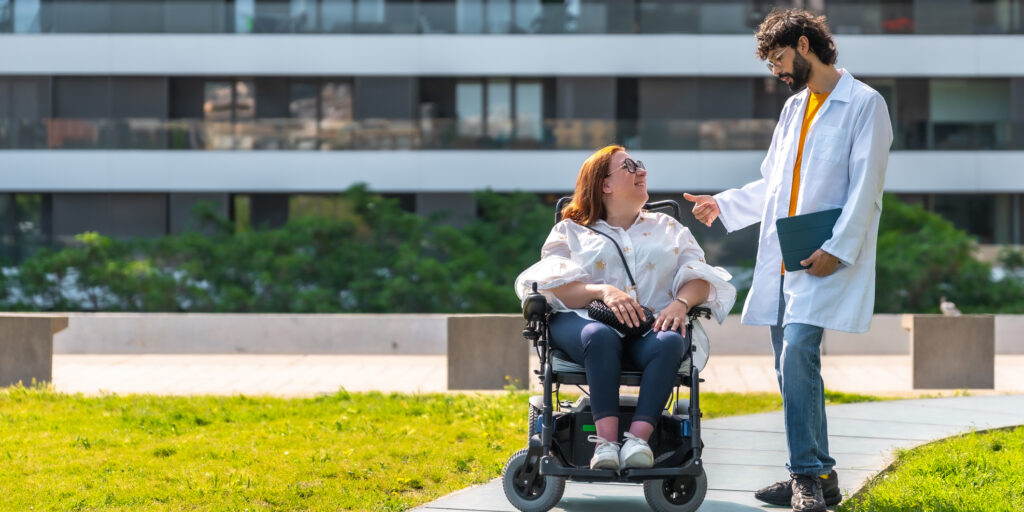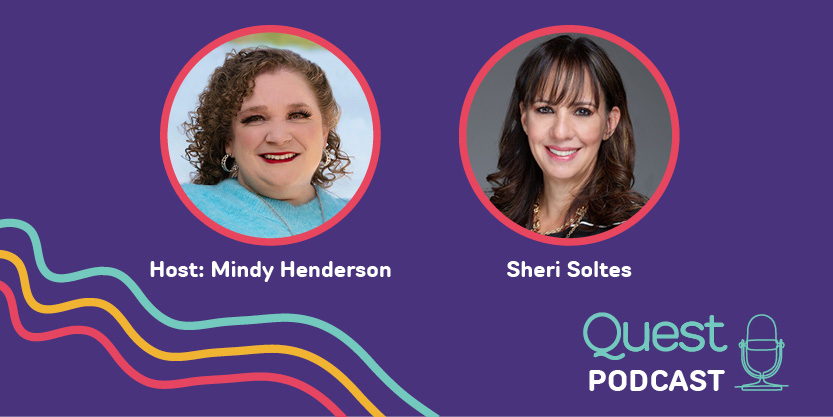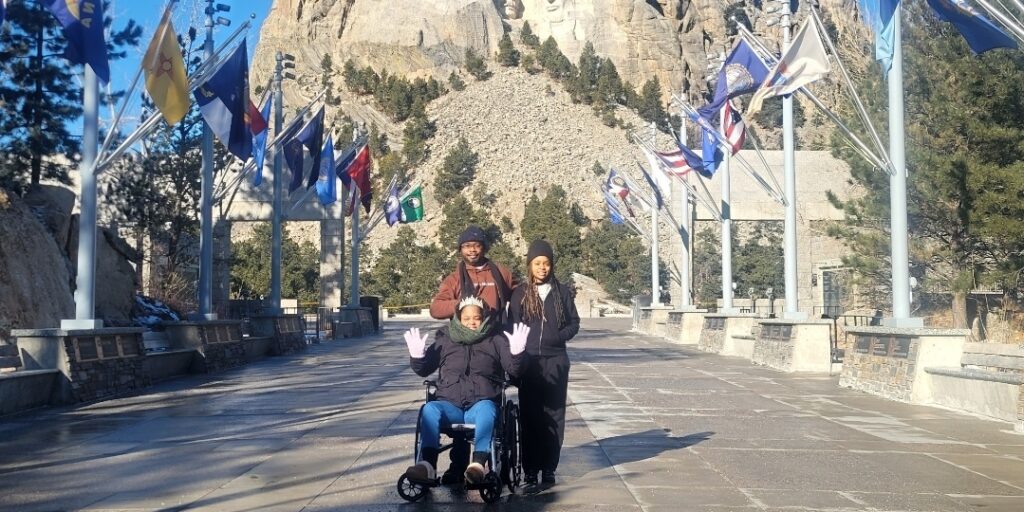
Three Community Resources You Need to Know
By Rebecca Hume | Sunday, August 6, 2023
For those living with a physical disability, it is not uncommon to encounter barriers or challenges in the pursuit for independence, education, and employment. Accessing appropriate and effective programs and services can provide tangible mitigation to a number of potential obstacles. Often, the first step in accessing services is recognizing which resources will best meet an individual or family’s needs.
There are a number of organizations whose programs are designed to increase accessibility, safety, autonomy, and independence to members of the disability community. Many of these agencies offer additional support navigating available resources, programs, and services beyond the scope of their own direct services.
The three resources detailed below offer a wide variety of services and programs to support the many different needs prevalent in the disability community, while also offering guidance on local and national services and resources available to the individuals that they serve. The shared over-arching goal of these agencies is to empower people with disabilities to live independent, productive, and satisfying lives.
Centers for Independent Living (CILs)
Inspired and driven by the statutes of the independent living movement, CILs provide services and programs that support the culture of empowering people with disabilities to live independently. There are four hundred and three CILs located in the United States, each of which are designed and operated by individuals with disabilities.
CILs provide direct services while also acting as a hub of information. Staff at each local CIL have expertise in both local and national service programs available to those living with a disability, including steps for enrollment and eligibility requirements for various programs. CIL specialists provide information, guidance, and referrals to programs for a myriad of needs: home modifications, home health aide services, Waiver services, assistance with Social Security and/or Social Security Disability, assistance accessing accommodations, services for educational and employment goals, and more.
Direct services provided by CILs include (but are not limited to):
- Peer Support
- Advocacy
- Independent living skills training
- Support and guidance for transitioning to independent living
If you are experiencing a service need and/or pursuing resources, your local CIL is a fantastic place to start seeking information and support. You can find a CIL near you here.
State Vocational Rehabilitation Agencies
If someone were to reach out to their local CIL to ask for resources and services to pursue educational or employment goals, one of the main resources provided would undoubtedly be a local Vocational Rehabilitation Agency. Each state in the U.S. has one or more Vocational Rehabilitation Agencies to assist individuals in accessing education, preparing for job duties, and seeking and maintaining employment.
Individuals can make a referral to their local vocational rehabilitation office to complete a needs-assessment based upon their unique goals and required accommodations. Services provided based upon each individual service plan might include (but are not limited to):
- Assistance applying to college
- Guidance applying for financial support for college
- In-class support at college
- Assistance determining job skills
- Resume building classes
- Coaching for job interviews
- Assistance identifying potential employers and applying for positions
- On-site job coaching and/or assistance to complete specific tasks
- Funding for a vehicle modification in order to drive to school or work
- Evaluation of vehicle modifications needed and training to drive modified vehicle
If you have an educational and/or vocational goal, Vocational Rehabilitation Services provide extremely beneficial services to support you on your quest for success. Because the referral, assessment, and evaluation process can take time to complete, contacting your local agency as early as possible in your goal-setting stage can prove beneficial. You can find a Vocational Rehabilitation Agency near you here.
The National Disability Rights Network
In addition to seeking resources that support inclusion, individuals living with disabilities sometimes require advocacy and assistance to gain accessible accommodations. The National Disability Rights Network is a non-profit organization that oversees the implementation of the Protection and Advocacy (P&A) Systems and the Client Assistance Programs (CAP), two federally mandated programs for individuals with disabilities.
Disability Rights Membership Agencies in each state provide free advice, guidance, advocacy, and resources for anyone facing barriers pertaining to the ADA and civil rights, community integration, education, employment, voting, transportation, health care, and more. You can find your state’s agency here.
Bonus Resource: MDA Resource Center
For those in the neuromuscular disease community, the MDA Resource Center serves as an incredibly important tool when navigating diagnosis, treatment, services, programs, and life with a neuromuscular disease. Resource Center staff provide one-on-one support via telephone or email, offering individuals and families information and guidance on a variety of topics. In addition to connecting families to MDA’s own programs and the MDA Care Center Network, the Resource Center provides information and support regarding:
- Clinical trials
- Research advances and new treatments
- Advocacy efforts
- Disease information
- The diagnostic process
- Local and national community resource referrals and guidance
- Case-by-case individual needs
You can connect with the MDA Resource Center here, call 1-833-ASK-MDA1 (1-833-275-6321), or email ResourceCenter@mdausa.org.
The right resources can change your life
There are a wealth of services and programs designed to further advance the independence and inclusion of individuals living with disabilities. Whether it is assistance or advocacy pursuing independent living, education, employment, appropriate care, or accommodations – these programs exist to empower and support members of the disability community to pursue their goals while ensuring that their health and safety needs are met. It can be challenging navigating the variety of services and funding available, but CILs, Vocational Rehabilitation Agencies, and the MDA Resource Center are available to assist and offer guidance so that you are able to access the right resources to meet your needs and pursue your goals.
Next Steps and Useful Resources
- Find a Center for Independent Living (CIL) near you.
- Find an Office of Vocational Rehabilitation near you.
- Contact your state’s National Disability Rights Membership Agency.
- Connect with the MDA Resource Center.
- Stay up-to-date on Quest content! Subscribe to Quest Magazine and Newsletter.
TAGS: Community, Education, Employment, MDA Resource Center, Resources
TYPE: Blog Post
Disclaimer: No content on this site should ever be used as a substitute for direct medical advice from your doctor or other qualified clinician.




